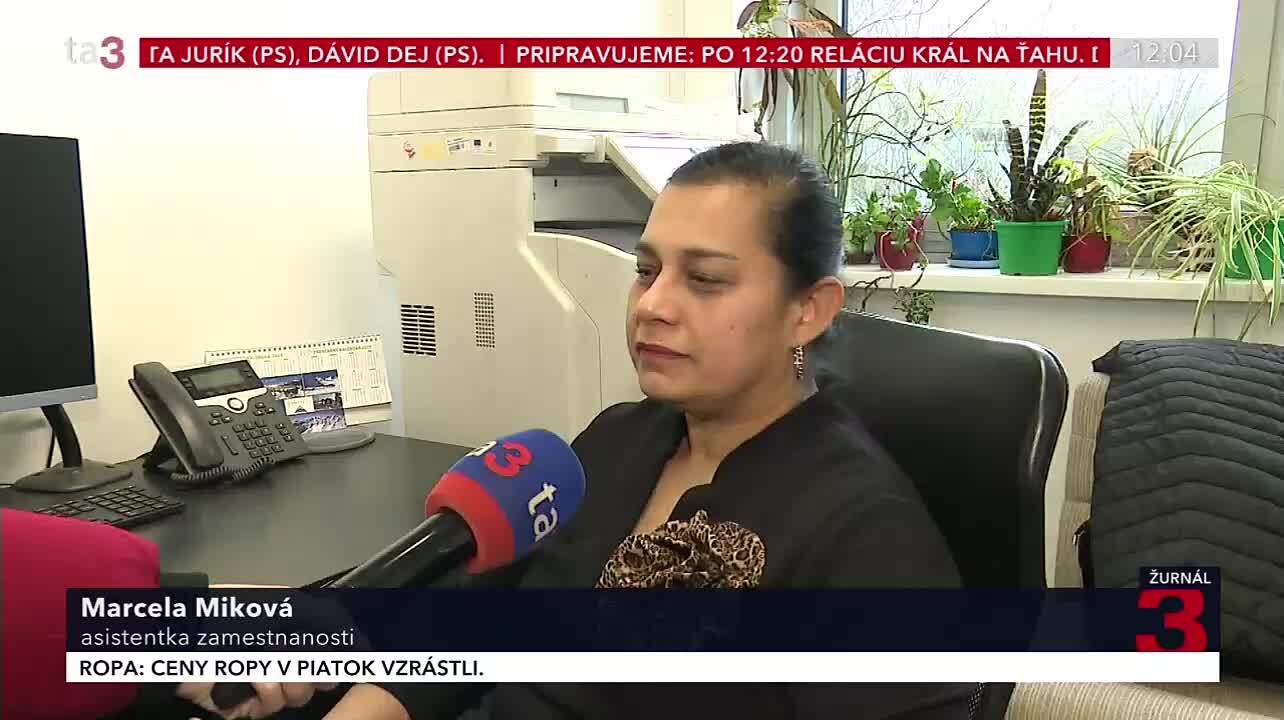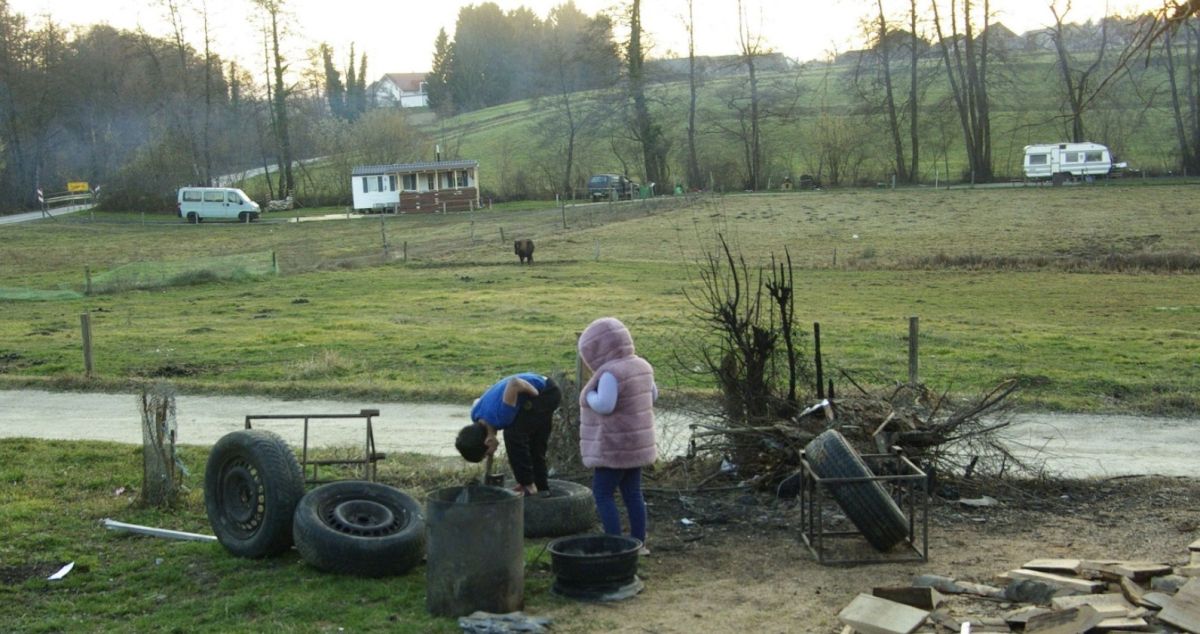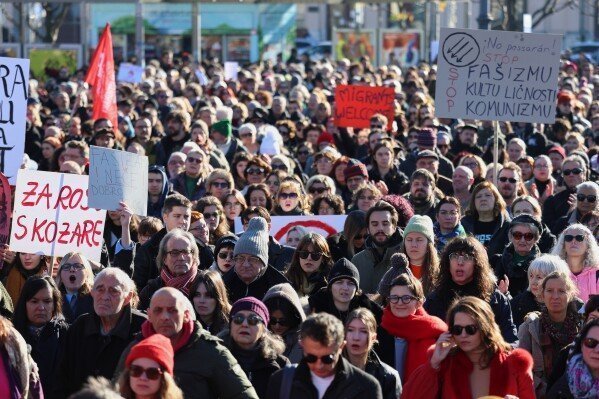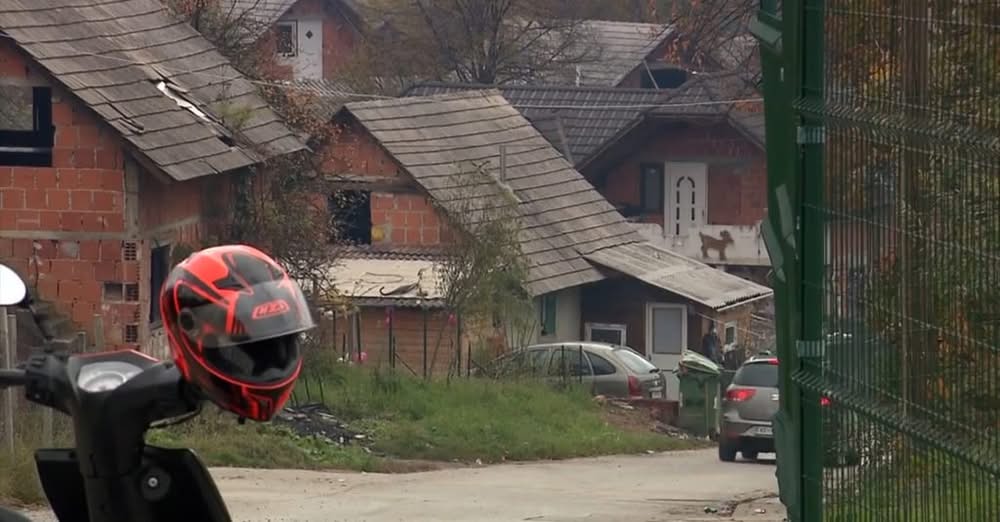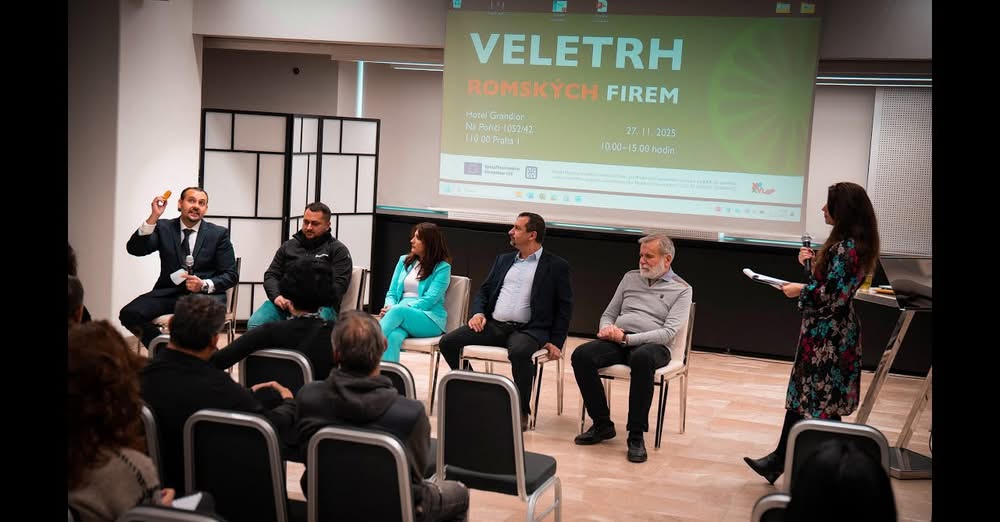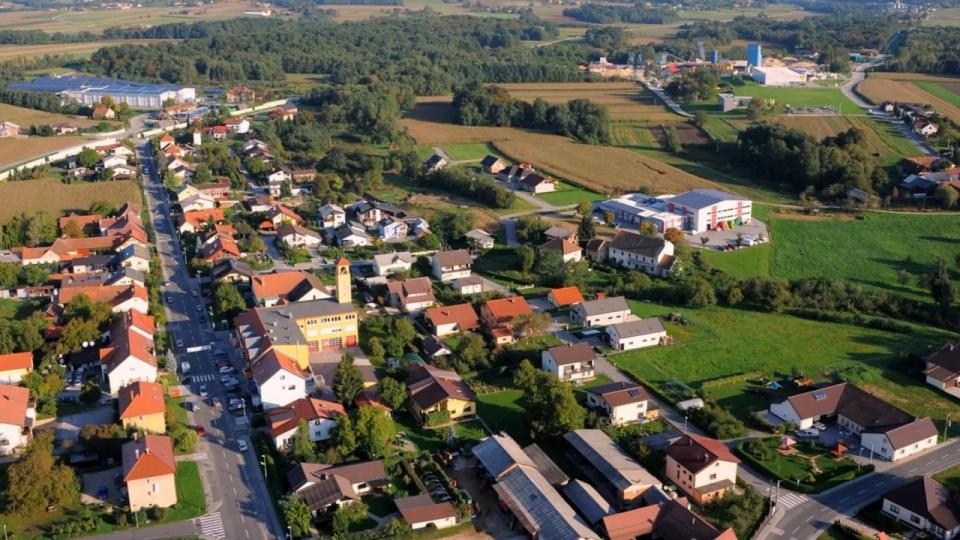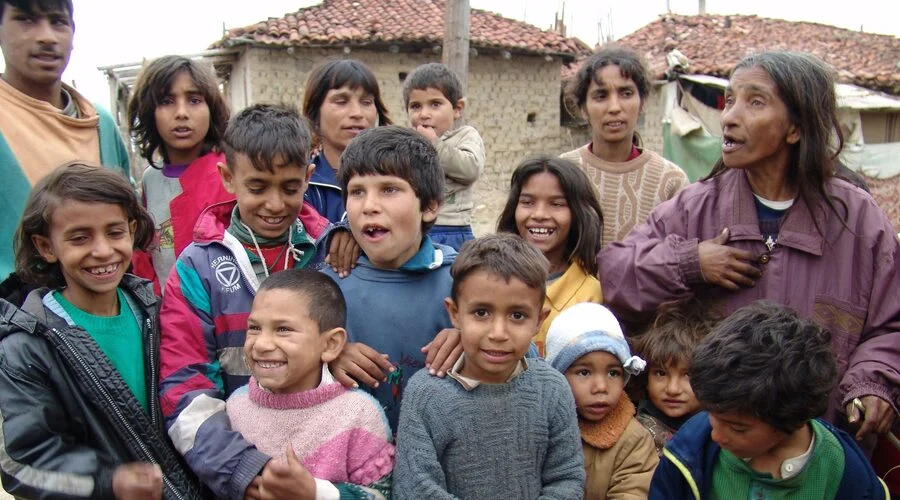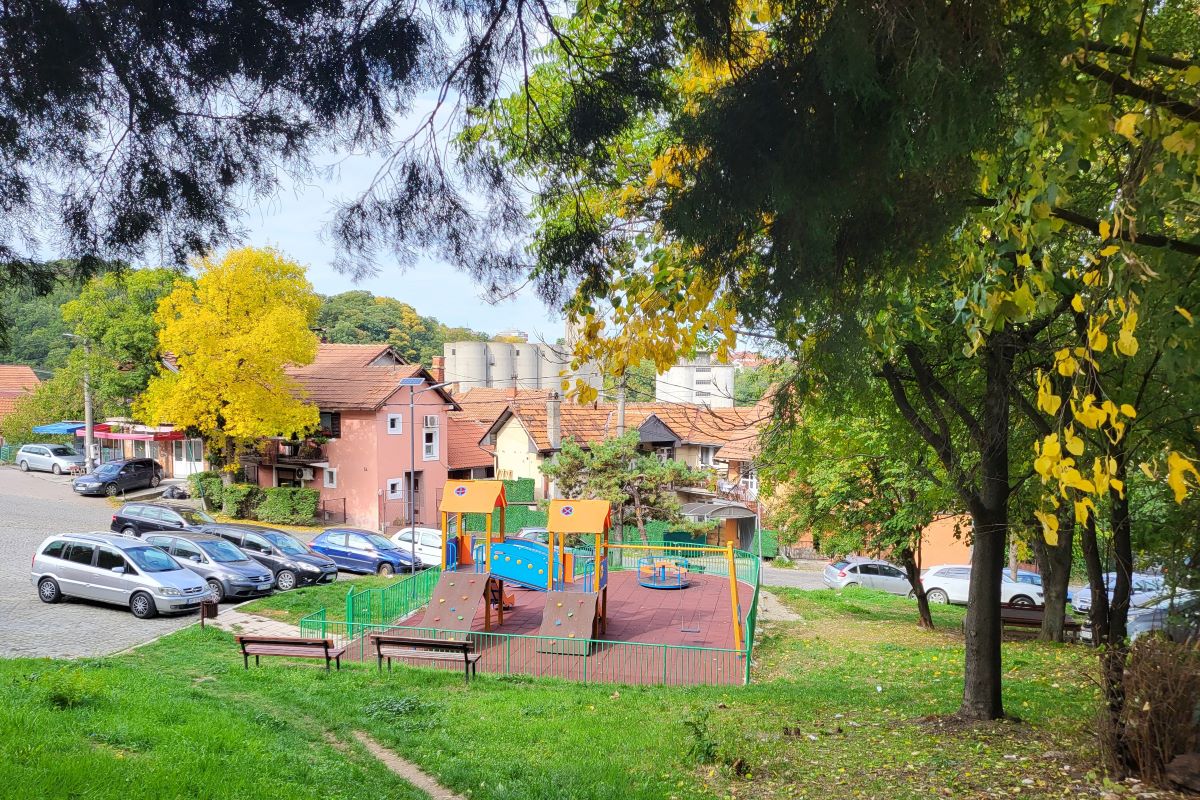The Roma spirit awards were presented on November 29th that will be broadcasted on December 10th on Slovak Television.
The civic association Svet ticha won the award in the Non-profit organization category for its systematic support of deaf Roma who face double marginalization.
The Alma Elementary School from Zvolen was awarded in the Society and Employer category for its innovative inclusive education model, which is being created in cooperation with CEEV Živica.
Former football player and youth coach Eugen Bari, known as “Romário from Žitný ostrov”, was awarded as the personality of the year. He worked his way up from humble circumstances to the first league and today, according to the organizers of the survey, motivates young football players with his example.
The Municipality and City category was won by Spišské Podhradie for its long-term and systematic work in the area of inclusion of marginalized communities. In the Media category, the award went to Róbert Hamburgbadžo, a journalist and presenter who brings the authentic voice of the young Roma generation to the public space.
In the Culture category, the winner was the Gypsy Jazz Festival, which, under the leadership of Miloš Suchomel, combines Roma musical tradition, world jazz, Balkan rhythms and Slovak folklore.
The highlight of the evening was the presentation of a special award to ACEC founder and Roma Spirit author Ľubomíra Slušná Franz, to whom the organizers paid tribute for her long-standing vision, creativity and ability to connect people across communities.
